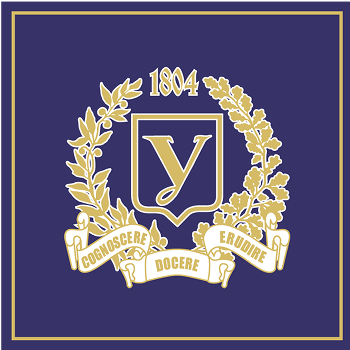cadmium
- 2016-1-2-:25
Content Of Heavy Metals In The Unproductive Lands Of The Kharkiv Region Removed From Agricultural Processing Accepted For Afforestation
In article are analysed the content of heavy metals (cadmium, zinc and lead) in the unproductive lands of the Kharkiv region brought out of agricultural cultivation and recommendations of their rational use for afforestation are made. Purpose. To analyse a state accepted for afforestation of the unproductive lands of the Kharkiv region brought out of agricultural cultivation and to give them an agroecological assessment on the maintenance of exchange forms of heavy metals (cadmium, zinc and lead). Methods. Field, laboratory and analytical (nuclear and absorbing) and mathematical. Results. Despite various types of soils and a considerable variety of categories of the lands transferred under afforestation in the Kharkiv region on the maintenance of exchange forms of heavy metals (cadmium, zinc, lead) of excess of agroecological standards in the studied soils it isn't observed. Conclusions. The use of meadow land with forest reclamation of flood plains is to provide them the plantation or forest fringes with a rare placement with fast-growing species, especially poplar.
- 2014-3-4-:22
Seasonal changes of chemical associations in the sediments on the shelf of the Black sea
Considers modern geochemical characteristics of migration processes in pollution northwestern Black Sea shelf. Bulk precipitation suspension occurs on geochemical barriers "river-sea" or on the shelf outside the aver-age wave field. The main factor limiting the migration of solutes are the processes of biological absorption.Using cluster analysis, multidimensional establish substantial divergence component ratios depending on the time of observation. On the example of cadmium tendency to accumulate the most mobile of toxic components in the carbonate sediments of the shelf.

